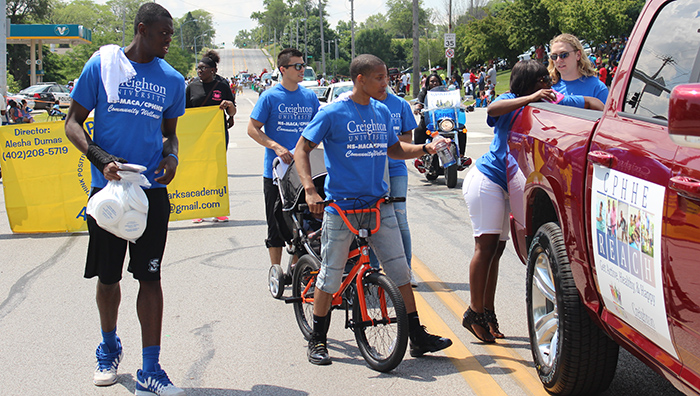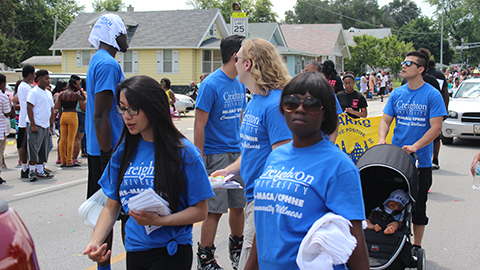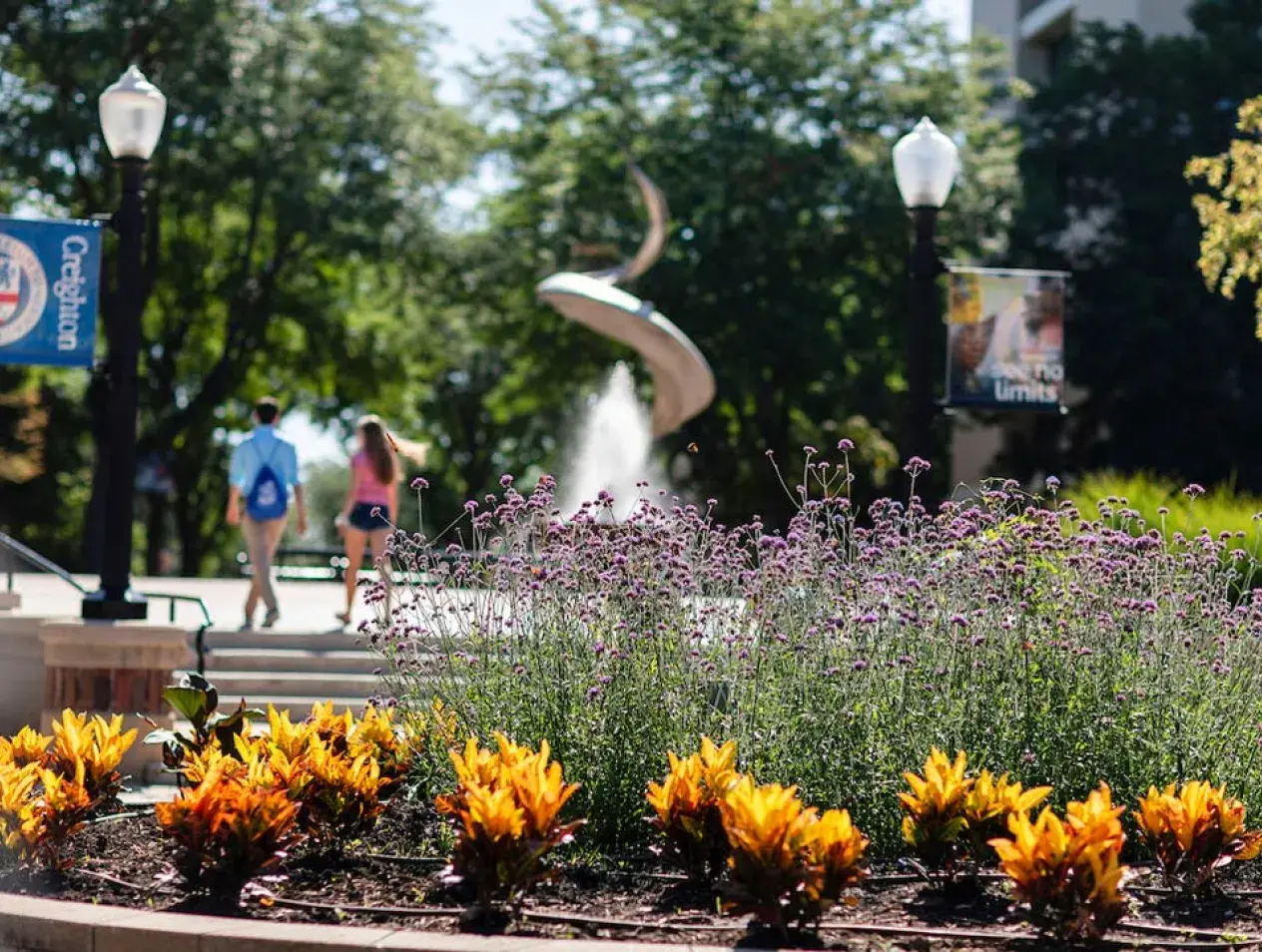
Juneteenth Parade
Juneteenth Parade

On Saturday, June 25th, Omaha's NAACP Juneteenth parade marched in the North Omaha community along 30th Street, from Lake to Sprague Streets, as part of the oldest celebration commemorating the end of slavery in the United States. From its Galveston, Texas origin in 1865, the observance of June 19th as the African American Emancipation Day has spread across the United States and beyond.
Today Juneteenth commemorates African American freedom and emphasizes education and achievement. It is a day, a week, and in some areas a month marked with celebrations, guest speakers, picnics and family gatherings. It is a time for reflection and rejoicing. It is a time for assessment, self-improvement and for planning the future. Its growing popularity signifies a level of maturity and dignity in America long overdue. In cities across the country, people of all races, nationalities and religions are joining hands to truthfully acknowledge a period in our history that shaped and continues to influence our society today.
Students of Creighton University's Health Sciences Multicultural and Community Affairs Department in collaboration with the Center for Promoting Health and Health Equality's Racial and Ethnic Approaches to Community Health (REACH) grant team walked in the parade. The Racial and Ethnic Approaches to Community Health (REACH) award is part of a U.S. Department of Health and Human Services (HHS) initiative to support public health efforts to reduce chronic diseases, promote healthier lifestyles, and control health care spending.

The Racial and Ethnic Approaches to Community Health (REACH) is anational program administered by the Centers for Disease Control andPrevention (CDC) aimed at reducing racial and ethnic disparities inhealth. Participating in the parade and engaging with the North Omahacommunity, are a part of HS-MACA's continued efforts to bridge theachievement gap by bringing awareness and reducing health disparities inthe African-American population in Douglas County.


